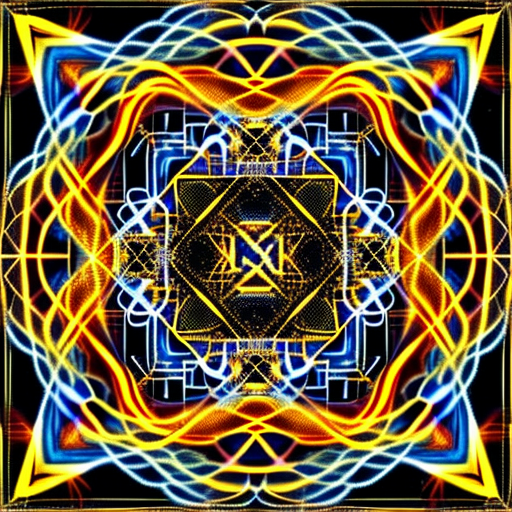Summary: Gödel, Escher, Bach: An Eternal Golden Braid is a thought-provoking and intellectually stimulating book by Douglas Hofstadter that explores the interconnectedness of mathematics, art, and music through the lenses of logic, recursion, and self-reference.
The Interplay of Logic and Music
In Gödel, Escher, Bach, Hofstadter delves into the fascinating relationship between logic and music, drawing parallels between the structure of Bach’s fugues and the formal systems of logic. He argues that both music and logic share a common thread of pattern recognition and self-reference, highlighting the intricate interplay between these seemingly disparate disciplines.
Through detailed explanations and examples, Hofstadter demonstrates how the recursive nature of music composition mirrors the self-referential nature of logic. He explores the concept of “strange loops,” where a system refers back to itself in a never-ending cycle, and how these loops can be found in both music and logic.
The Art of Escher and the Paradox of Self-Reference
Another central theme in the book is the work of artist M.C. Escher and its connection to the concept of self-reference. Hofstadter explores Escher’s mind-bending optical illusions and impossible constructions, which often depict paradoxical situations where objects refer to themselves in a never-ending loop.
By examining Escher’s art, Hofstadter delves into the concept of recursion and self-reference in visual form. He explores the idea of “strange figures,” where the boundaries between different elements blur, and the viewer is left questioning the nature of reality and perception.
Gödel’s Incompleteness Theorem and the Limits of Formal Systems
A significant portion of the book is dedicated to exploring the groundbreaking work of mathematician Kurt Gödel and his incompleteness theorems. Hofstadter explains how Gödel’s theorems shattered the belief that formal systems, such as mathematics, could provide a complete and consistent foundation for knowledge.
Gödel’s incompleteness theorems demonstrate that any formal system rich enough to express arithmetic will contain statements that cannot be proven true or false within the system itself. This realization has profound implications for the limits of human knowledge and the nature of truth.
- Key Takeaways:
- Music and logic share common patterns and self-referential structures.
- Escher’s art explores the paradoxical nature of self-reference and recursion.
- Gödel’s incompleteness theorems challenge the notion of complete and consistent formal systems.
“What is a self, and how can a self come out of stuff that is as selfless as a stone or a puddle?” – Douglas Hofstadter
In conclusion, Gödel, Escher, Bach: An Eternal Golden Braid is a captivating exploration of the interconnectedness of mathematics, art, and music. Through the lenses of logic, recursion, and self-reference, Hofstadter takes readers on a journey that challenges our understanding of reality, knowledge, and the nature of creativity. This thought-provoking book invites readers to ponder the profound connections between seemingly unrelated disciplines and encourages a deeper appreciation for the beauty of patterns and the mysteries of the human mind.












